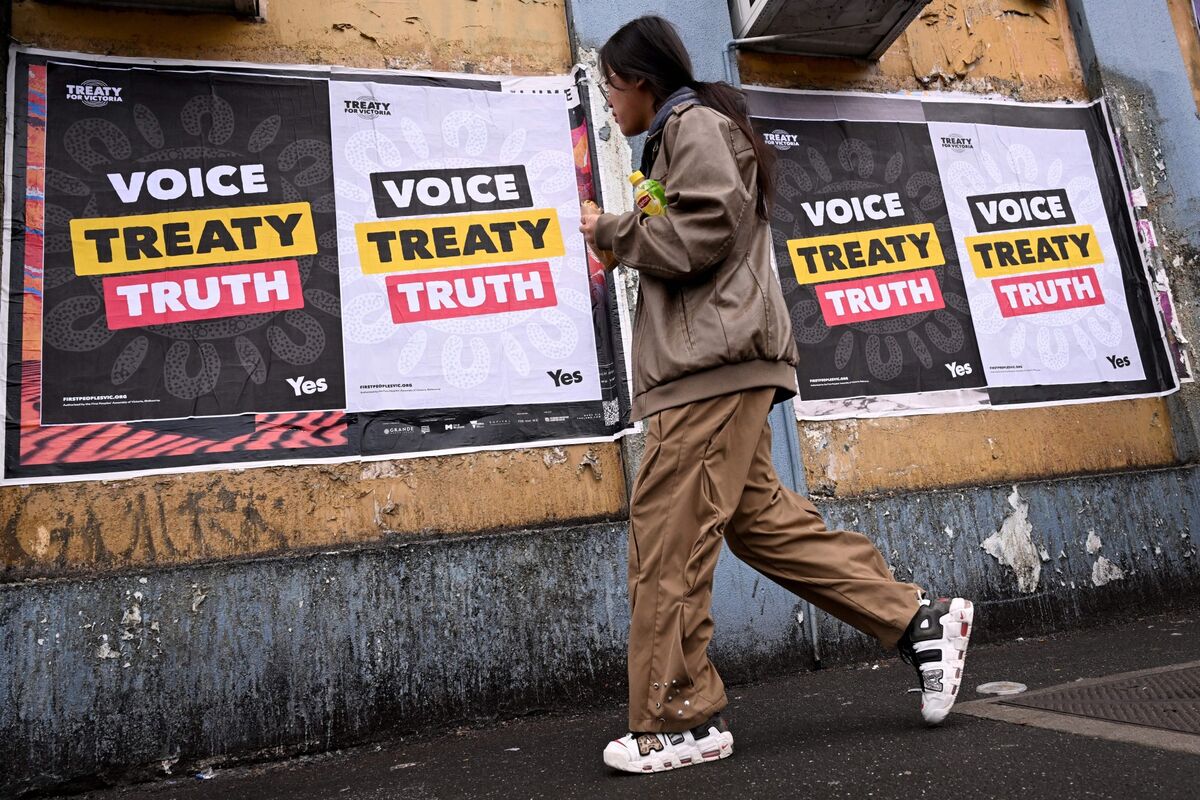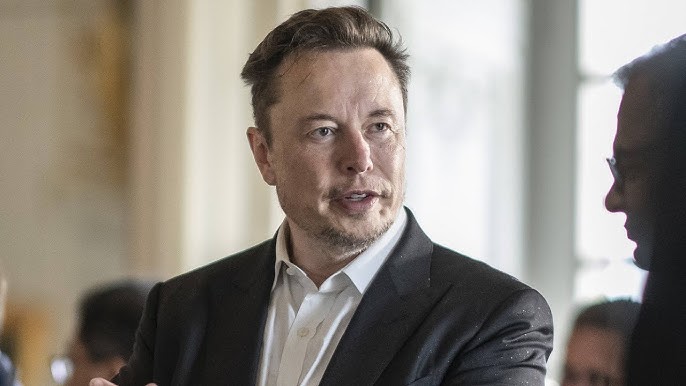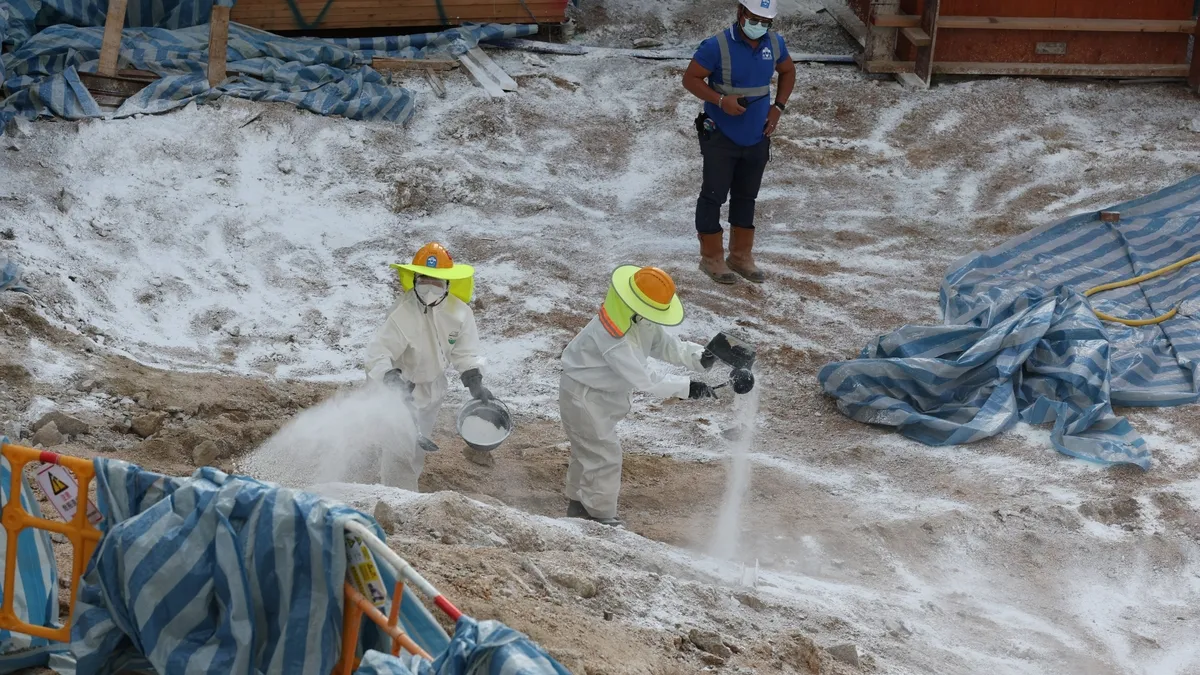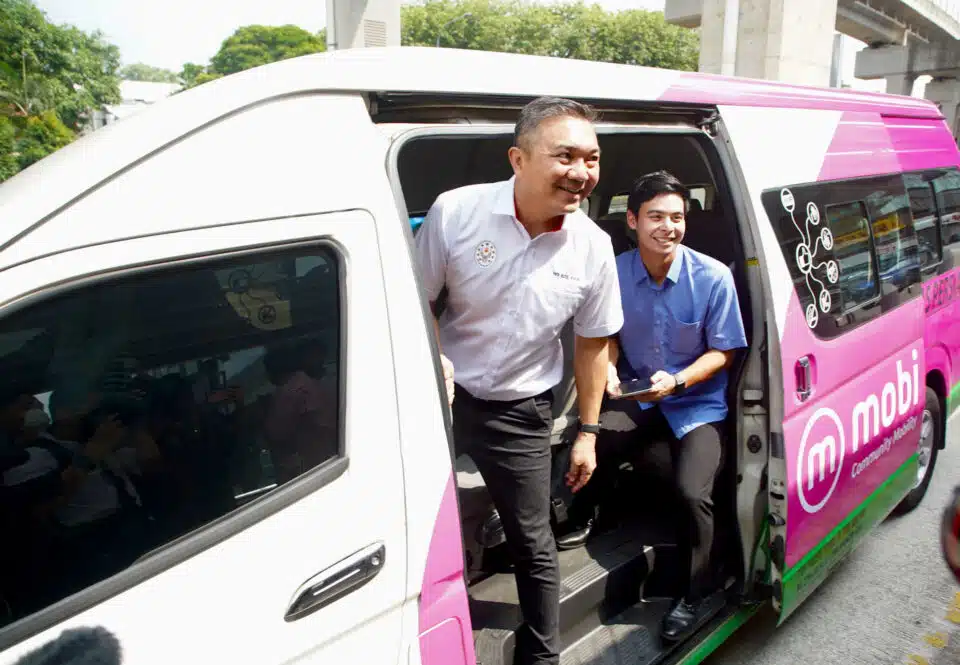So, on Sunday, October 15, 2023, leaders of the Indigenous community in Australia were like, “Yo, let’s take a chill pill and reflect for a week.” This call came after most folks gave a big fat “No” to a referendum about recognizing Indigenous peeps in the constitution.
Referendum Plan in Australia: The Vote and Its Impact
Over 60% of Aussies threw in a “No” vote in this mega-important referendum last Saturday, the first of its kind in like forever. They were deciding whether to tweak the constitution and give a shoutout to the Aboriginal and Torres Strait Islander crews. The plan was to set up this Indigenous advice crew called “Voice to Parliament” to drop some wisdom on parliament about Indigenous stuff.
But guess what? The outcome messed up big time. It’s a major setback in trying to make things right with the Indigenous communities, and it’s not doing Australia any favors on the global stage when it comes to how they treat their own Indigenous peeps.
Australia Unique Situation
Check this out: Australia hasn’t given a formal nod or made any deals with its Indigenous crew, unlike other places like Canada and New Zealand with kinda similar histories.
Around 3.8% of Australia’s 26 million peeps are Indigenous Aussies, and they’ve been living on this land for a whopping 60,000 years. But here’s the kicker – the constitution doesn’t even mention them. And by lots of socio-economic yardsticks, these folks are taking the biggest hit in the nation. Tough break, huh?
Bitter Irony and Symbolic Gestures
“It’s a bitter irony that those who have been on this continent for only 235 years refuse to acknowledge those who have been here for 60,000 years or more; it doesn’t make sense,” said leaders in a statement released on social media.
In response to the referendum results, leaders announced they would lower the Aboriginal and Torres Strait Islander flags to half-mast for a week and urged other nations to do the same.
The Tough Road to Reconciliation
Lloyd Walker, Indigenous community leader and former national rugby player, acknowledged the current challenges in the path to reconciliation but stressed the need to persevere. “We can say that it didn’t get majority support, but there are still 40% who want it. Years ago, we wouldn’t have gotten that percentage for sure,” said Walker.
Missed Opportunity and National Mourning
Jade Ritchie, a campaign advocate for the “Yes” vote, expressed sorrow for the lost opportunity after the election results on Saturday night. “We had the chance to make real change,” she told Reuters.
“We constantly discuss the inequality, injustice, and erosion of our community’s rights, and government after government tries to find solutions. Yet, when we present a solution that is both reasonable and fair, it is rejected.”
Harsh Reflections on Political Gambles
Australia Prime Minister Gamble
Prime Minister Anthony Albanese invested significant political capital in the Voice referendum, but critics argue that this may be his biggest mistake since taking office in May of last year.
Opposition’s Criticism
Opposition leader Peter Dutton stated that this referendum was “unnecessary for Australia” and would only divide the nation.
However, one of the significant reasons for the referendum’s failure was the lack of bipartisan support, with major conservative party leaders campaigning for a “No” vote.
And then, no referendum in Australia has succeeded without bipartisan support.
“There will be many questions about the role of racism and prejudice against Indigenous communities in this outcome,” stated leaders in their release.



